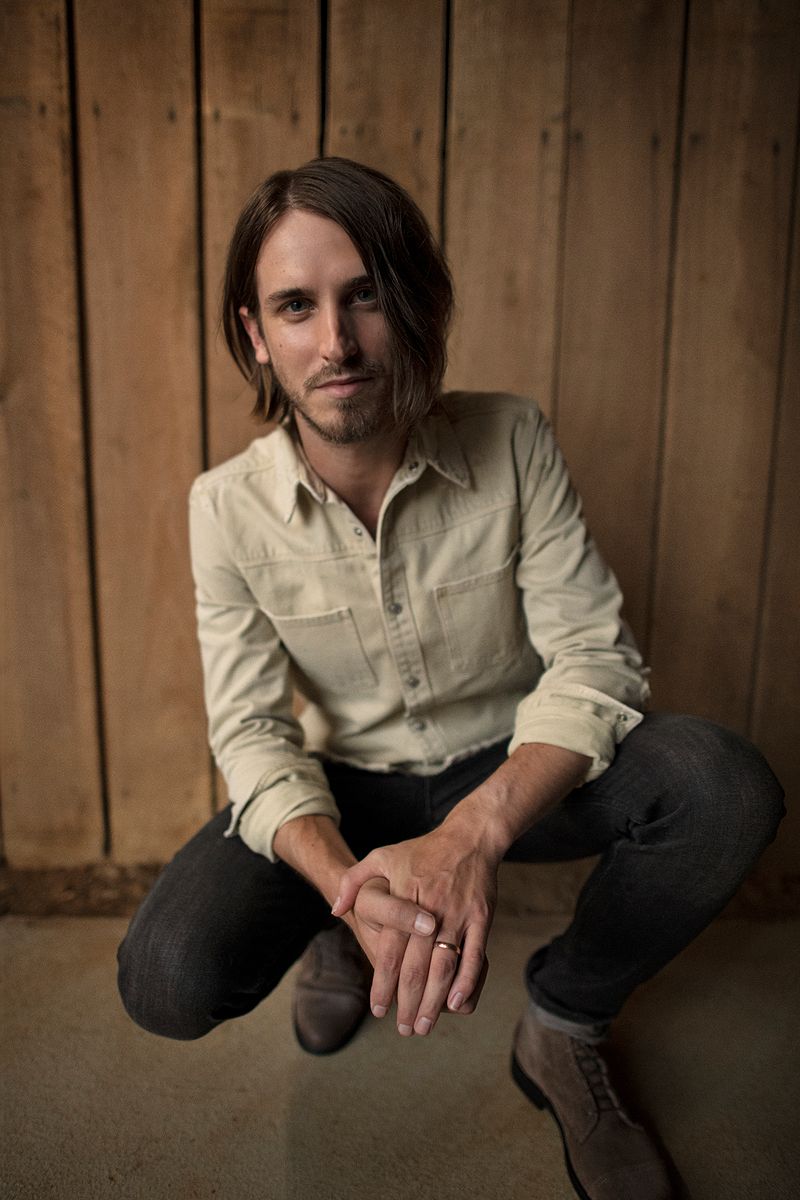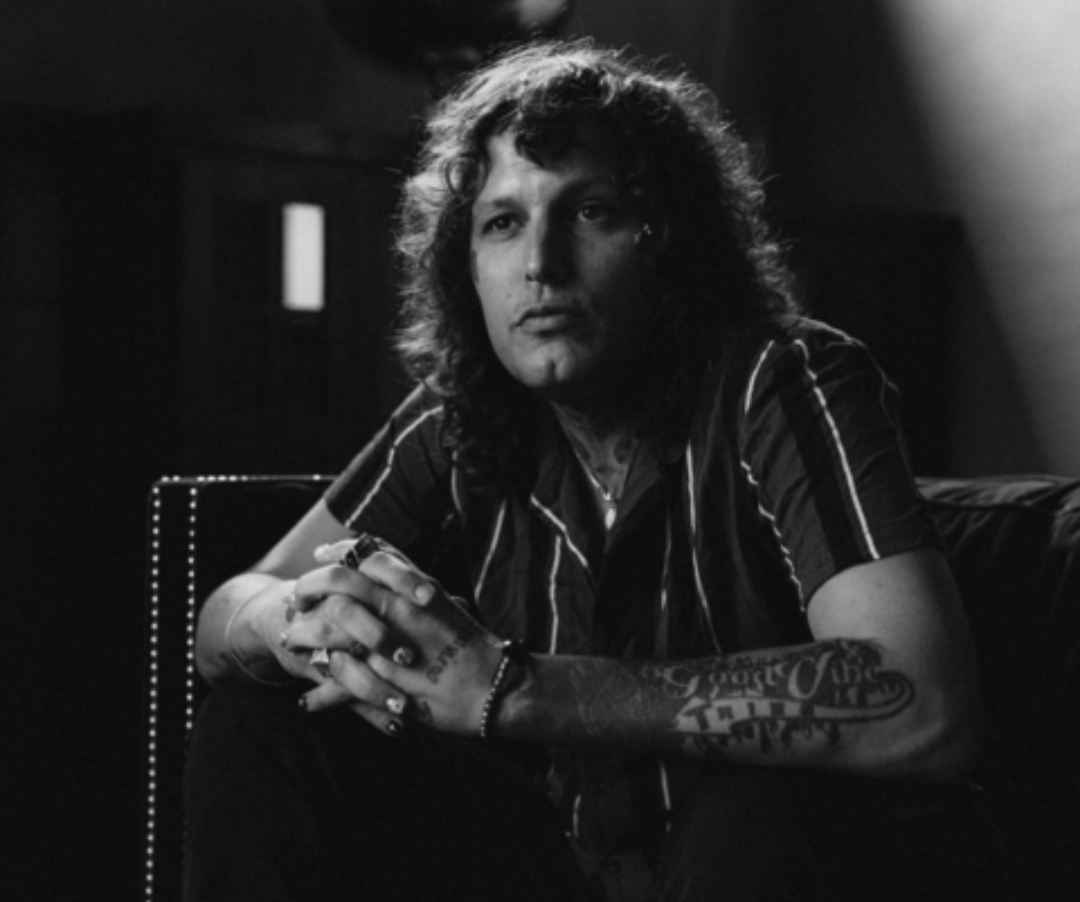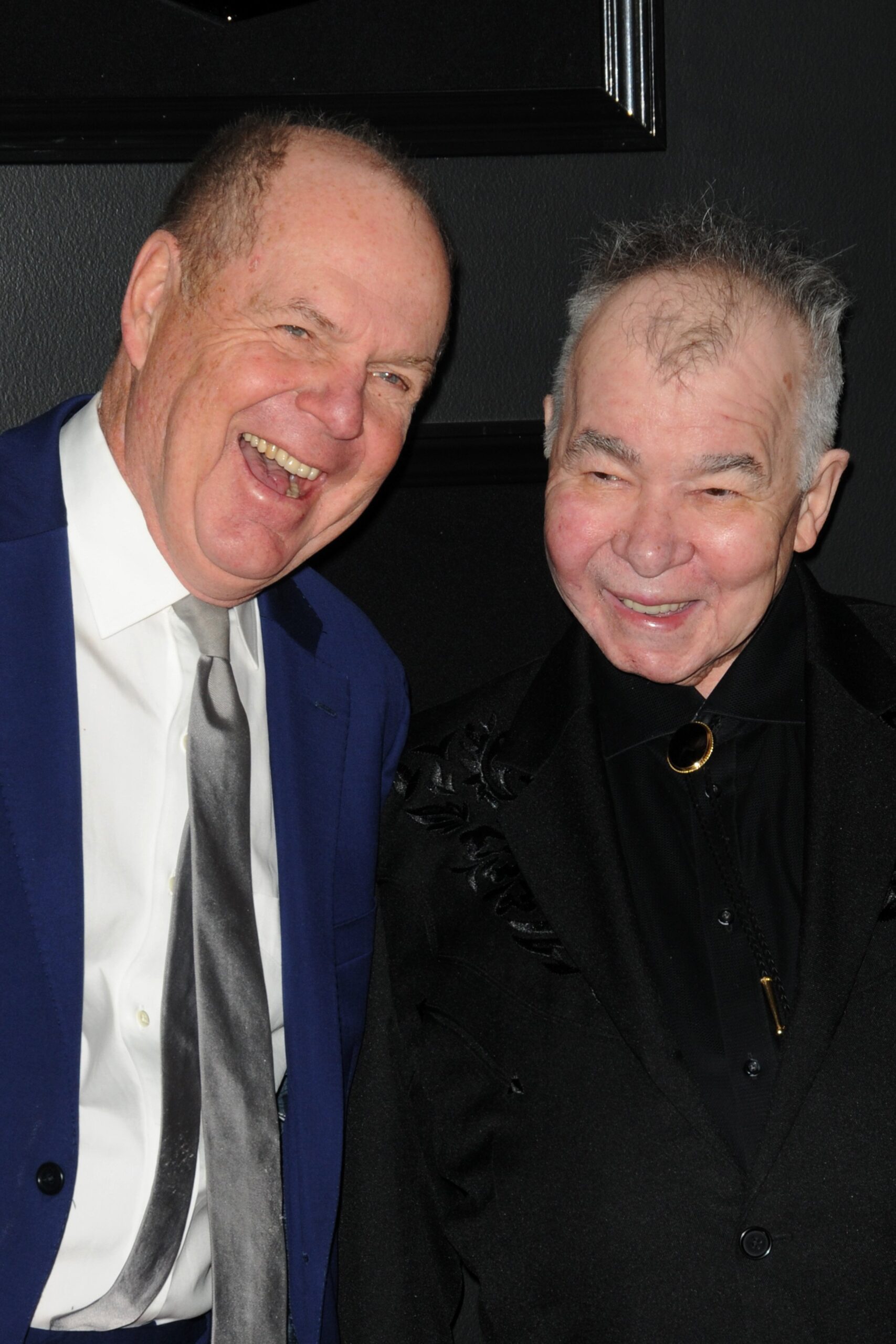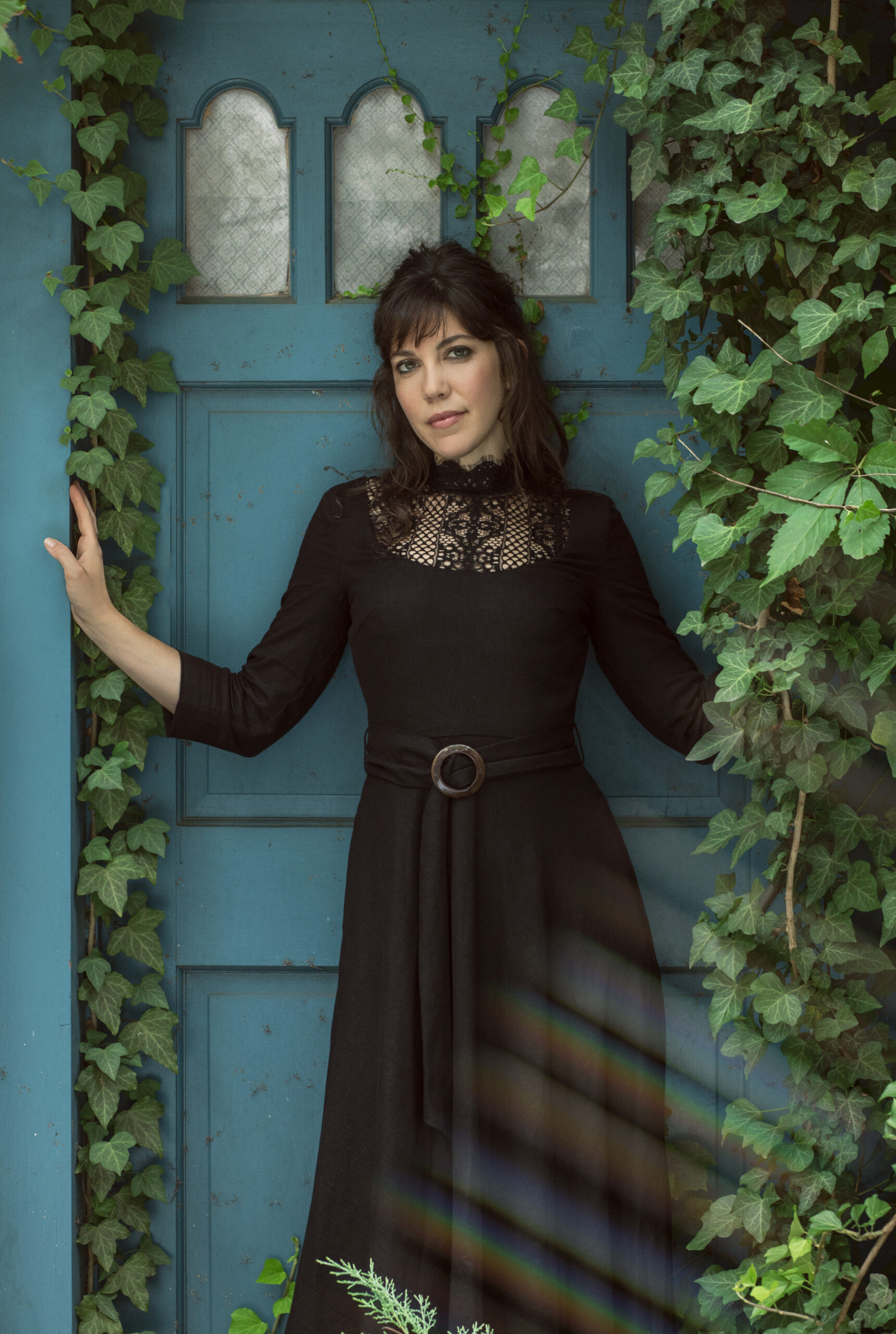Vincent Mason’s debut album, There I Go, is country storytelling at its best; honest, detailed, and full of heart. Across 14 tracks, Mason takes listeners through the highs and lows of love, life on the road, and learning to let go. The opener, “There I Go,” sets the pace with an upbeat drive and a […]










